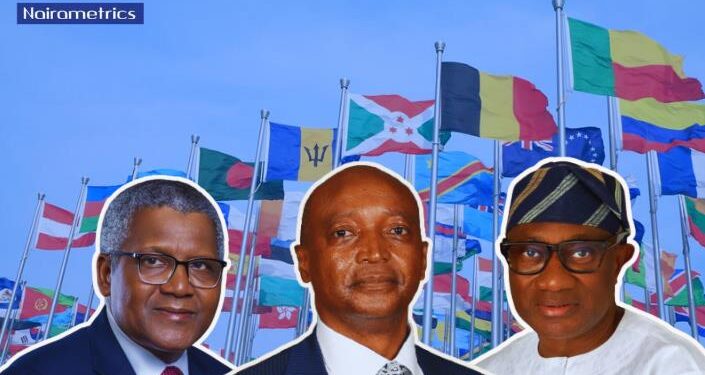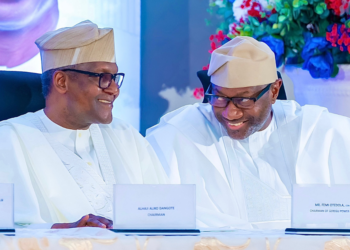Africa is home to more than 20 dollar-denominated billionaires per the Forbes report index.
With fortunes made in oil, banking, telecoms, consumer goods, real estate, and technology, these business leaders have built companies that not only power economies but also stand among the largest employers of labour across the continent.
Yet beyond boardrooms and balance sheets, many of Africa’s wealthiest individuals have chosen to redefine their legacies through philanthropy.
From funding hospitals and universities to creating endowments that support entrepreneurship, education, health, and poverty alleviation, these billionaires are channeling their resources into transformative social impact.
While some of these philanthropists often give quietly, with little publicity, this report focuses on the most significant contributions that have been documented in the public domain.
Methodology
Nairametrics attempts to capture the biggest donors amongst African billionaires, leveraging on data available in monetary terms on their foundation websites as well as publicly verifiable coverage of such philanthropic acts as recognized by bodies such as Forbes, Bloomberg and the Times 100 within the period of the Covid-19 era, which elicited a lockdown in 2020 to present day 2025.

- Donation: $350,000+
Mohammed “Mo” Dewji, Tanzanian billionaire businessman and philanthropist, has built a reputation not only as Africa’s youngest billionaire but also as one of the continent’s most committed givers. Through the Mo Dewji Foundation, he channels his resources into initiatives that expand access to education, healthcare, clean water, and climate resilience for underserved communities.
Founded in 2001, the Foundation operates on three core pillars: education to enhance livelihood, healthcare, and water access & climate action, with the overarching mission of giving every Tanzanian the opportunity to live a healthy, dignified, and empowered life.
Key donations
- $350,000 (2021–2024) – Supported the Georgetown Pivot Program, empowering 80 formerly incarcerated Black Americans with career pathways, entrepreneurship training, and second-chance opportunities. More than 90% of graduates secured jobs within three to four months, and over 15 launched entrepreneurial ventures.
- Mo Scholars Program (launched 2025) – Provides new opportunities for Tanzanian students to pursue higher education through scholarships.
- Ongoing Initiatives – Investment in rural wells, health interventions, and scholarship schemes impacting hundreds of thousands across Tanzania.




















